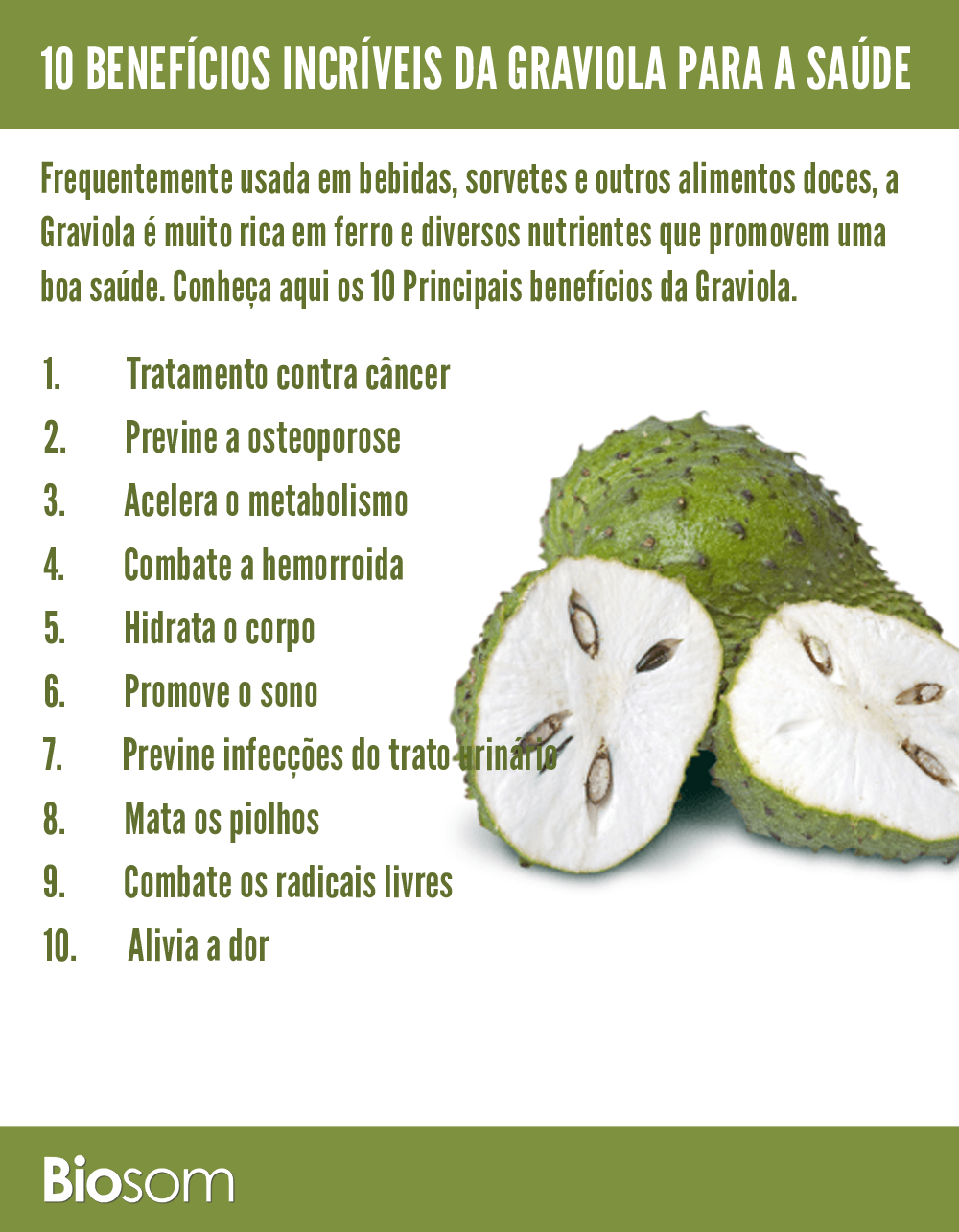
& post by: @alkaline_vegan_news
_
The anti-cancer properties of this fruit have been a topic of research over the past 40 years. Since the 1970s, more than 20 laboratory studies have been conducted on graviola-derived compounds. These studies have shown that graviola may have the potential of destroying malignant cells in 12 different types of cancer including prostate, breast, lung, colon and pancreatic cancers. Although test-tube and animal research demonstrates that graviola may be an anti-cancer agent, there have been no clinical trials or studies in humans, and therefore the use of graviola for cancer treatment remains a topic of debate.

In 1996, research published in the Journal of Natural Products showed that compound 1 (one of five extracted from the seed of the graviola fruit) was "selectively cytotoxic to colon adenocarcinoma cells (HT-29)” and “10,000 times stronger” in inhibiting cancer growth than the chemotherapy drug adriamycin. In 1997, a study published in the Journal of Medicinal Chemistry suggested that graviola showed better results in destroying breast cancer cells than chemotherapy. Studies conducted at Memorial Sloan-Kettering Cancer Center have proved graviola extract to be effective against both breast cancer and liver cancer. A cell study in 1999 showed graviola had anti-prostate cancer and breast cancer activity; another 2002 cell study showed that graviola exhibited anti-hepatoma (liver cancer) activity. Studies performed at the University of Nebraska found that graviola inhibited the growth of pancreatic cancer cells.
In 2011, the journal Nutrition and Cancer revealed highly promising research on graviola and breast cancer. Researchers found that graviola fruit extract (GFE) suppressed expression of a breast-cancer causing oncogene known as epidermal growth factor receptor (EGFR) in animal models. Overall, dietary GFE inhibited tumor growth, as measured by wet weight, by 32%.”


No comments:
Post a Comment